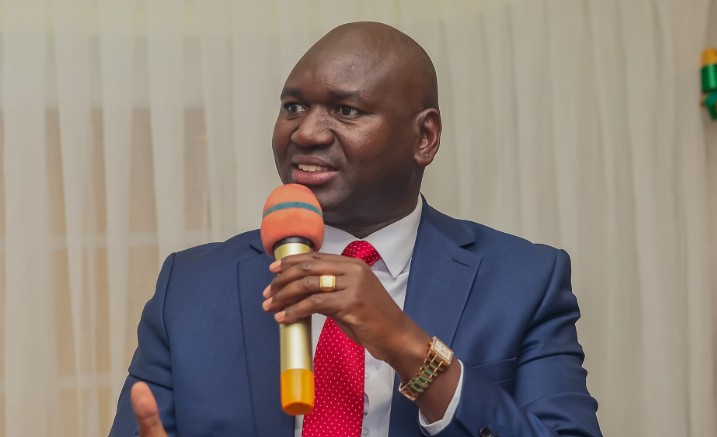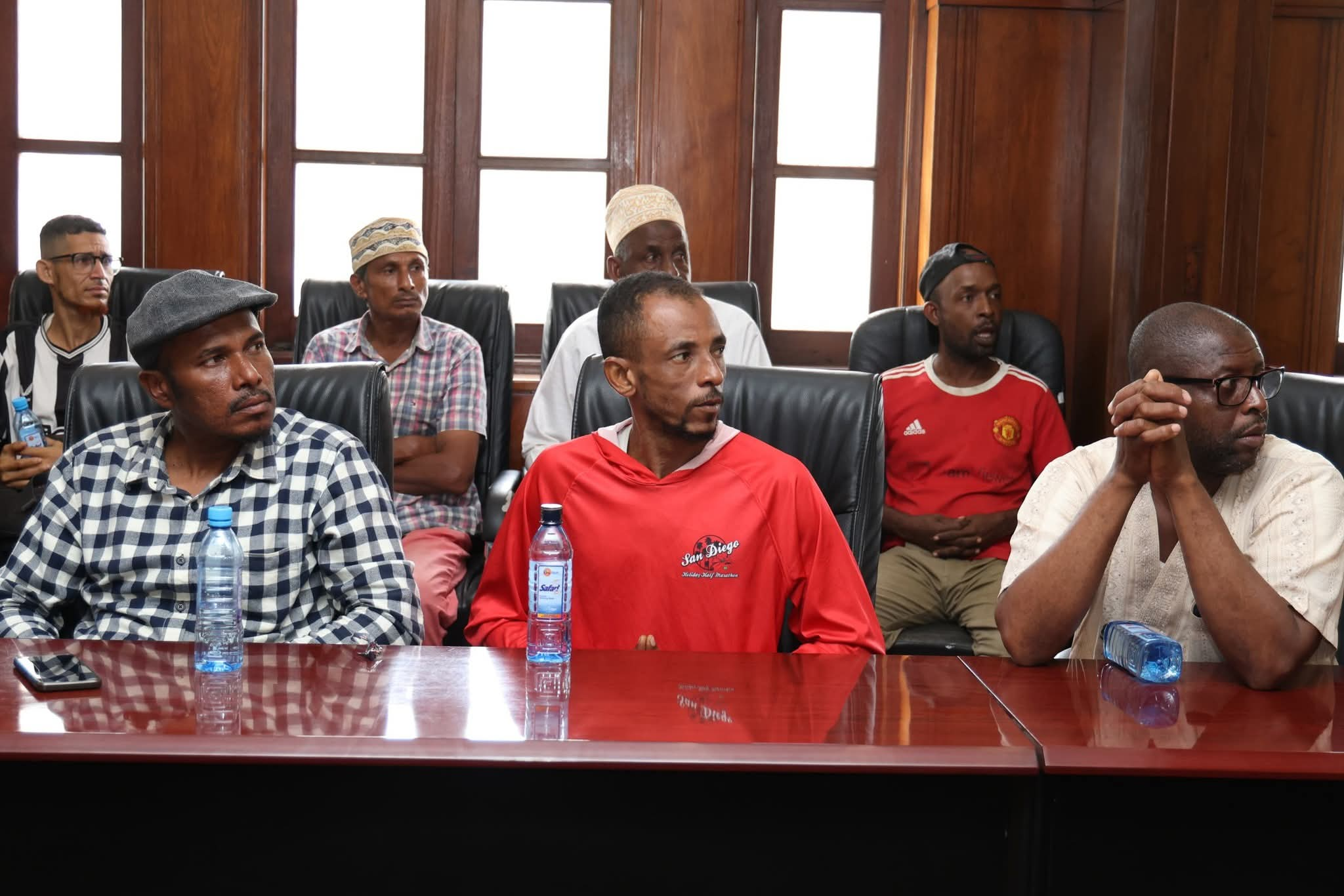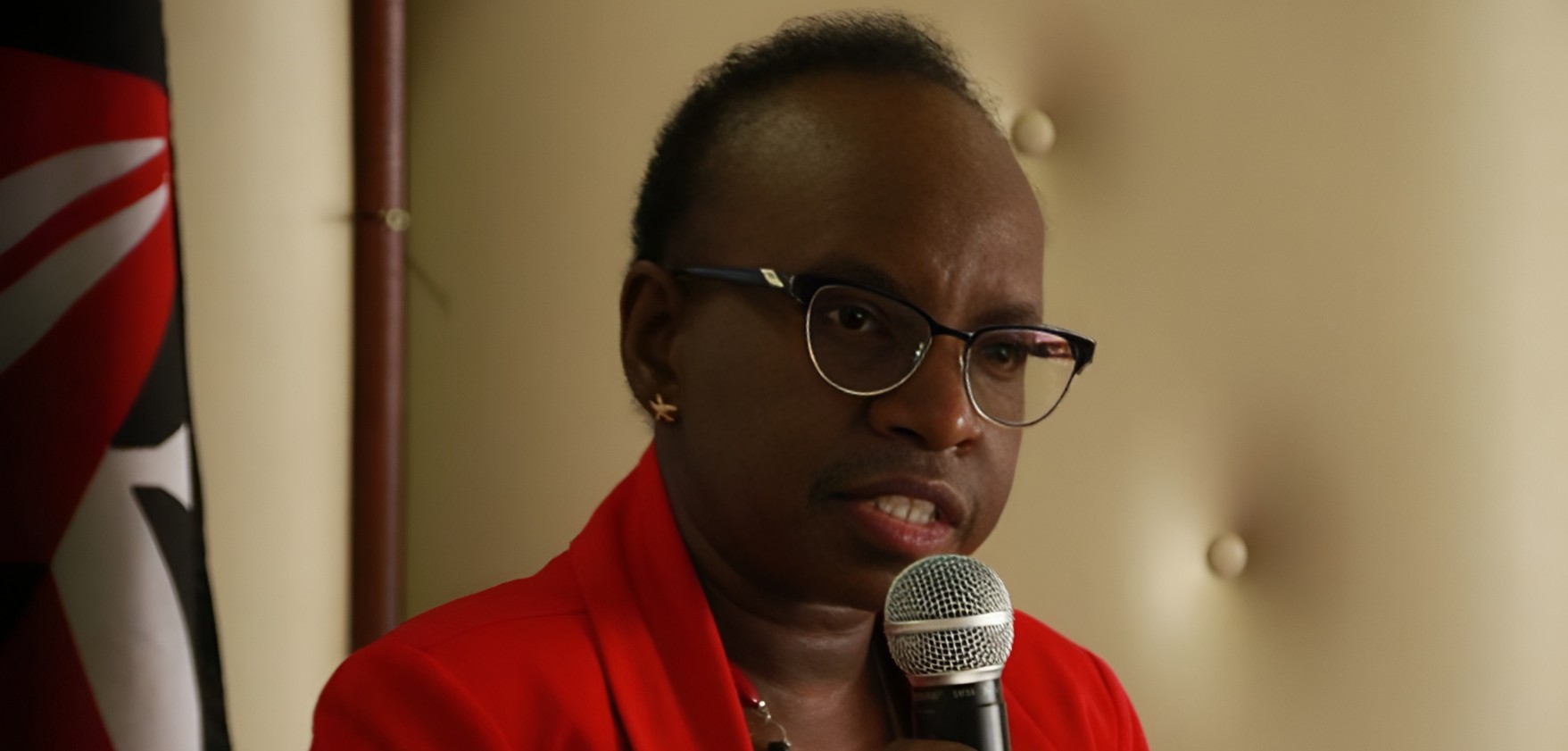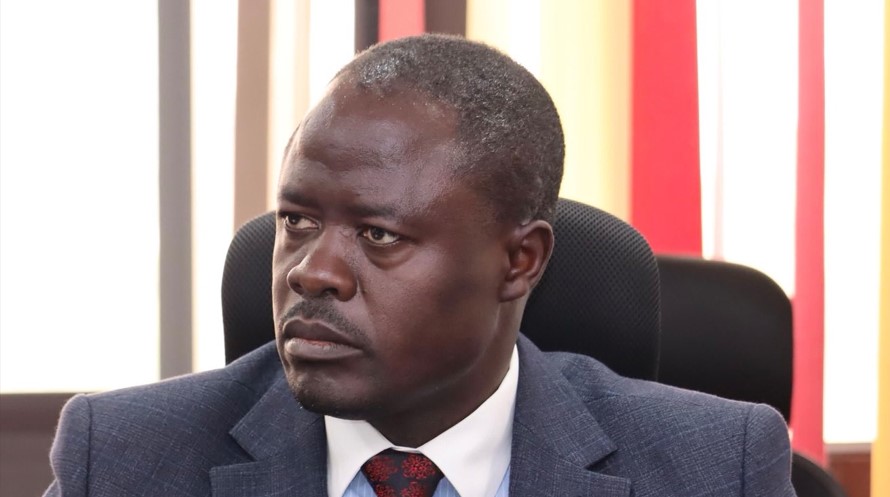Education ministry launches county forums to address capitation issues, stalled promotions

The initiative follows concerns raised by head teachers during the first forum held in Muranga County, where they highlighted delays in capitation payments, inadequate school infrastructure, and frustrations over teacher promotion processes.
The Ministry of Education has launched countywide forums with head teachers to address urgent issues affecting public schools nationwide, including delayed capitation funds, stalled teacher promotions, and concerns over medical coverage.
In a statement on Monday, the Ministry said these forums aim to identify challenges and find solutions to improve the education system.
More To Read
- KUPPET condemns TSC for ignoring decade-long teacher promotion backlog
- KUCCPS opens applications for diploma upgrade in teacher training
- Schools forced to fundraise after Ministry of Education fails to release festival funds
- Somalia’s education crisis: Why so few children attend school and what could be done to change that
- Gatoto Primary alumni demand return of school to community after court win
- MoE reshuffles county education directors in latest shake-up
The initiative follows concerns raised by head teachers during the first forum held in Muranga County, where they highlighted delays in capitation payments, inadequate school infrastructure, and frustrations over teacher promotion processes.
They also expressed worries about medical coverage, noting that many teachers are forced to pay cash at health facilities despite salary deductions for both the Social Health Authority (SHA) and a private insurance scheme managed by Minet Kenya.
In response, Education Principal Secretary Julius Bitok, who attended the event, said the forums are designed to gather honest feedback from head teachers who have firsthand experience with the challenges schools face.
Hands-on managers
“Head teachers, as hands-on managers, have unique insights into the real state of our education system. We intend to visit each county for a sit-down with principals for candid conversations on what is not right and what can be done better,” he said.
Bitok also pledged to work with the Teachers Service Commission (TSC) and unions to resolve issues with the medical scheme.
“It is not right that teachers are paying twice for medical insurance. That is not the government's position. We are engaging relevant stakeholders so that teachers can benefit from a reliable special scheme like civil servants and other specialised cadres,” he said.
He further expressed concern about the viability of some schools with very low student numbers, questioning the sustainability of funding them.
“There’s a feeling that we have built too many schools… And when you look at some of them, they are not viable… a school has eight learners. Another has ten, and when capitation comes, it receives Sh40,000. What do you do with Sh40,000?” he asked.
Struggling with debts
Willie Kuria, chairman of the Kenya Secondary School Heads Association (KESSHA) and principal of Muranga High School, highlighted that many schools are struggling with debts and face threats of auction.
He also criticised the lack of clarity and poor implementation of teacher promotion guidelines, which has led to career stagnation for many educators.
The meeting, which included representatives from the Kenya National Union of Teachers (KNUT) and the Kenya Union of Post Primary Education Teachers (KUPPET), saw head teachers call for the timely and full release of capitation funds.
They also appealed for prompt pension payments for retired teachers and clearer coordination between the Teachers Service Commission and the Ministry’s field officers on school inspections.
Meanwhile, Treasury Cabinet Secretary John Mbadi announced plans to engage Education Cabinet Secretary Julius Ogamba to find solutions to the ongoing capitation funding crisis.
Increase resources
Mbadi emphasised the need to increase resources to meet the minimum requirements outlined in budgetary policies for the education sector.
“You’ve heard discussions around capitation and how we are now reducing the cost of the school fees that is payable at the universities and colleges. And capitation, I have spoken about this, that we need to provide more resources to be able to meet the minimum requirement according to our policy,” Mbadi said on Monday during the Public Private Partnership Symposium in Nairobi.
He also addressed the recent government decision to reduce tuition fees for colleges and universities, which will take effect from September 1. This move follows concerns from students, parents, and education experts about the high costs of academic programmes in public institutions.
Mbadi faced criticism in July after telling a Parliamentary committee that the financial burden of free education is too heavy for the State to sustain.
He argued that the current financial capacity cannot fully cover the cost per student, a reality he said some leaders choose to ignore.
However, Mbadi later clarified that his remarks had been taken out of context.
Top Stories Today












































